|
Easter Island (Rapa Nui in the native language, or Isla de Pascua in Spanish) is a small Chilean territory located in the South Pacific Ocean, about halfway between mainland Chile and Tahiti. One of the most remote inhabited places on earth, the small island of only 164 square kilometers (63 square miles) is served by 1-2 daily flights from Santiago depending on the season and a weekly flight from Tahiti. It is most known for its moai, monolithic statues carved mostly at a volcanic quarry named Rano Raraku between 1100-1600 CE, then transported and installed on ahus or stone platforms around the island. While these mystical statues are the main driver behind the island's tourism economy, there's much more to do than just snap a selfie with the moai. Here are 11 of my favorite activities from my bucketlist trip to Rapa Nui:
1 Comment
Morocco is a fascinating country with amazing history, culture, architecture, food, landscapes, and lifestyles to explore. It's the first country that I traveled to that's located in North Africa or with a Muslim-majority population, which was even more intriguing for me as I went during one of the most religious times of the year. While I did some research prior to my trip, these are some of the things I found to be most useful. 1. Currency The Moroccan Dirham (Dhs or MAD) is a closed currency, meaning that by law, you cannot import or export more than 1000Dhs (about 100 USD). This makes it extremely difficult to get Dirhams outside of Morocco. Plan for all of your currency exchange to be done while in the country. Upon arrival, look for the Bureau de Change located at the airports and sea ports, though you can also exchange at banks, ATMs, and most hotels should you need to during your travels. It is recommended that you keep the receipts of currency exchange to facilitate the conversion of Dirham back to your foreign currency prior to departure. The closed currency also means that the exchange rate is virtually the same everywhere you go in the country and places should not charge a commission. VISA, MasterCard, and debit cards are becoming more widely accepted, but it's good to carry cash, especially for smaller businesses, rural areas, and having better haggling power in the markets. While U.S. dollars, British pounds, Euros, etc. are widely recognizable, the following are almost impossible to cash: traveler's checks; Scottish, Gibraltar, or Northern Irish Sterling notes; Australian and New Zealand notes; and Singapore dollars. ATMs generally only dispense larger (100 or 200) notes, which are hard to use for everyday transactions, so try to break them at your hotel or a bigger business establishment. Small or independent businesses may have difficulties making change. 2. Public Transportation (Disclaimer: I'm only going to talk about travel methods that I personally used.) By Train - The train system in Morocco is expanding and offers convenient, comfortable, reasonably priced options between most main cities. They are preferable to buses when available and usually run according to their timetables. Trains are run by the Office National des Chemins de Fer, or ONCF (http://www.oncf.ma), and offer daytime and nighttime travel options. There are two types of trains, the Rapide which is standard for intercity travel, and the Ordinaire which is mostly late-night and local services that are often less comfortable and without air conditioning for about 30% cheaper than Rapide trains. There are first and second class fares. First class has compartments with 6 seats, which are typically reserved. Second class has 8 seats per compartment, and you sit wherever there's an empty seat (fine for shorter journeys). If you're traveling around Moroccan holidays, want a sleeper car, or are doing first class, be sure to book your ticket earlier to ensure a seat. You can buy tickets up to a month in advance. I took booked a last minute overnight train from Tangier to Marrakech in first class (not the sleeper car but with reserved seating since I traveled during a major holiday). It was pretty comfortable, though if I did it again, I would have paid the extra for the sleeper car. There were lights and shades in each compartment to make it dark, which was nice. There was also security that went around and checked tickets, so make sure yours is readily accessible. Also, make sure to keep an eye out for your stop as signage isn't always well visible and announcements were sometimes hard to hear. By Taxi - I used taxis the most during my time there, and it's important to know that there are two different types of taxis: The grand taxi is used between towns or cities and usually an old Mercedes sedan. They can usually be found near bus stations, seaports, airports, or gathered near the side of the road. These taxis will take up to 6 passengers and typically will not leave until it's full. If you're traveling solo or in a smaller group and want to have the entire car without picking up strangers, you can hire it as a private taxi by paying the entire cost for the six passenger spots. Grands taxis should abide by fixed-rates -- ask your hotel/hostel what you should expect to pay to make sure you're not being ripped off, though some drivers will take you for less if business is slow. This came in handy when 4 other backpackers and I wanted to take a grand taxi from Tangier to Chefchaouen; the total was about $10 USD per person for about a 2.5 hour drive (we were cramped, but less so than everyone who was taking the buses on the same route). The second type of taxi is the petit taxi, which is used to travel around a particular city or town. The taxis are different colors depending on what city you're in and are metered. Make sure the driver turns on the meter before beginning your trip. If there is no meter or it's broken, make sure to negotiate on a set price beforehand. These taxis usually seat up to 3 passengers, though some may take more for a surcharge. It's common that petits taxis will practice multiple hire, so don't be surprised if your taxi picks up another passenger or if the one you wave down has other passengers in the car already. While these taxis are still very cheap, there may be a surcharge for nighttime drives after 8 or 9 PM. By Bus - I didn't travel by bus while in Morocco, but it is an extremely inexpensive option if you're on a budget or a little more adventurous. 3. Language }t's impressive that most Moroccans speak more than one of the country's 9 native languages or dialects, and many in the tourism industry will speak English and other non-native languages as well. Even one of my tour guides who grew up in a small Berber village without running water or electricity spoke Arabic, two different Berber dialects, French, Spanish, and English and was learning Japanese and German. However, as I've experienced in most non-native English speaking countries, the more you attempt to communicate in the local language(s), the more helpful and friendlier people are. Modern Standard Arabic is the official language, though there is a difference between Moroccan Arabic (Darija, the most prevalent dialect which combines Arabic, Berber, French, and Spanish) which is used in the daily, informal setting and Modern Standard Arabic that is used for government, business, education, and throughout much of the Middle East and North Africa. French, while not an indigenous language, is widely considered the unofficial second language and spoken by much of the population due to French control in the first half of the 20th century. It’s also the primary language of government, diplomacy, business, science, medicine, culture and education. Berber refers to a group of indigenous or vernacular languages and dialects native to North Africa and is spoken mostly in the home and on the street. There are three main regional Berber dialects in Morocco, one in the Rif Mountains in the north, one in the south, and one in central Morocco covering the Atlas Mountains. It is almost always spoken and rarely used for writing. Spanish is spoken or understood primarily in the northern part of Morocco due to proximity to Spain, business, tourism, and Spain acting as a protectorate of Morocco in the early 1900s. That said, I ended up speaking a lot of Spanish in Tangier and Chefchaouen (and sometimes even in Marrakech when I didn't want to use English), or reverted to my one semester's worth of knowledge of French at other times. I even picked up some very basic Arabic, with the most helpful for me being: "Shukran" - Thank you "La shukran" - No, thank you "Salam" - Hello "Wakha" - Okay 4. Religion Islam is the predominant religion in Morocco, with 99% of its religious population identifying as Muslim, particularly of the Sunni variant. 1% identifies as Christian, and although Morocco was a former haven for Jewish refugees from southern Europe, less than 1% of the population identifies as Jewish. That said, much of Moroccan culture also stems from Islamic traditions mixed in with indigenous and foreign influences, which makes it an exciting and fascinating place to learn about and experience. As a Muslim country, Fridays are holy days so many businesses will be closed, especially after noon, though some in the more touristy areas may stay open or reopen after sundown. Most mosques do not allow non-Muslims to enter, but you will hear the call to prayer five times per day, often coming from speakers on the minarets of mosques. Alcohol is available throughout the country; however, during Ramadan and other holy festivals, it may be more difficult to come by. The two major festivals are for Eid Al-Fitr and Eid Al-Adha, which change each year based on the lunar calendar. Be sure to check if there are any Islamic holidays or festivals occurring during your travels so you can plan better. The night before I was to sail from Spain to Morocco, I met two Moroccan guys who vaguely suggested that I was going to be there during "a festive but interesting time," and despite my prying, didn't give me much additional information, saying I just had to experience it. Needless to say, the next day I landed in Tangier and quickly learned what the two guys referred to the night before. 5. Local "Guides" A few times during my time in Morocco, strangers -- most often men and kids -- would come up to me (and at times their persistence could be called harassment) in or around the medina to offer their "help" as local guides for tours or directions. Don't fall for their traps, which are almost always a ploy for money while disorienting you, taking you to their friends' businesses or some other scheme. The best way to get rid of them is with a polite but firm "La shukran" ("No, thank you") while shaking your head or wave of the hand. If you do have to ask for directions, try asking a receptionist at a hotel or riad. The one time I had to do this, the woman was extremely nice and even printed out a screenshot from Google Maps, drew and explained the path that I needed to take, making note of certain landmarks I could identify to get where I needed to go. 6. Dress (for Women)
While Morocco is used to tourism, especially from the West, I would recommend women dress more conservatively to respect local culture. I rarely saw local women in the medina walking around by themselves, especially at night, so I knew that as a solo female traveler, I would attract attention -- and during one of the holiest times of the year on top of that. Maxi skirts and dresses, or loose, flowy pants (though you could also wear more fitted pants with a loose tunic on top) were wardrobe staples. I also always had a shawl or scarf to cover my shoulders, arms, hair and/or face, taking cues from local women as to how much I should cover up. In doing so, my experiences there were tainted less by attracting unwanted attention and enhanced more by interactions with locals who appreciated the fact that I appreciated their culture enough to dress respectfully. In some cases, I also got a better price haggling in the souks. At one shop, there was a female in short shorts and a tank top who inquired about the price of a dress with the shop owner. He immediately gave her a price that was obviously ridiculously inflated. She attempted to haggle with him, but was unable to get much lower and left the shop. A few minutes later, I walked closer (wearing a long skirt and shawl covering my head and shoulders) and inquired about the same dress. His starting price was half of what he had asked of the other girl, and I was able to get it to a quarter of his initial offer with me, admitting that I was neither Moroccan nor Muslim, but simply a traveler trying to respect local customs. Hey, it doesn't hurt to try! ~~~~~ These are just some of the things I found to be most helpful while exploring Morocco. Have you gone before? If so, what travel tips would you recommend? Happy travels! Let's face it. A lot of people (in the U.S. at least) have joked about, or maybe seriously considered, relocating to Canada lately, even crashing their immigration website after the U.S. presidential election in November. With Canada being the first nation to adopt a multiculturalism policy in the 1970s, it doesn't seem to be a bad option if you're seeking some sense of tolerance and celebration of diversity. But, even if you decide not to move, you should definitely visit as the country has more to offer in 2017 than you might be aware. Canada has made its way onto several 2017 travel lists, including Travel & Leisure, Bloomberg, the New York Times, Conde Nast Traveler, Orbitz and National Geographic. The reason? The Great White North is celebrating its 150th anniversary as a nation independent from British rule as of July 1, 1867, and inviting everyone to a yearlong party. Several festivities are planned in the capital city of Ottawa and extra special activities will happen in Montreal as it also celebrates its 375th birthday. However, one of the best perks of traveling to the northernmost North American country is that Parks Canada is offering free, unlimited access to any of the country's national parks, historic sites, and marine conservation areas from coast-to-coast for the entire year with its 2017 Discovery Pass. There are over 40 national parks and national park reserves (areas intended to become national parks, pending settlement of native land claims), as well as 3 national marine conservation areas. In addition, Canada boasts 976 national historic sites, 171 of which are managed by Parks Canada while the rest are administered or owned by other government or private entities. It took me all of 3 minutes to order my pass on their website. All you need is a mailing address, no credit card required, and Parks Canada will ship your order within 3 business days using 1st class shipping! Talk about first class treatment before you even step foot in the country. You can also opt to pick up your 2017 Discovery Pass at your destination -- the recommended choice if you are traveling within 3 weeks of your pass/permit request. Other helpful pass information:
But with so many parks and sites to visit, how do you begin to choose? There are comprehensive lists of the national parks and marine conservation areas, as well as the historic sites, but National Geographic puts Banff National Park in Alberta on its 2017 Travel List for the pristine wilderness. Canada's first national park is an extensive striking juxtaposition of the snowy peaks of the Canadian Rockies, green meadows and valleys, stunning waterfalls, cold glaciers and calm turquoise lakes. It offers incredible outdoor activities, such as mountain biking (best from May to October), hiking (best July to September), and winter sports (best November to May). There are also calmer activities such as horseback riding and kayaking, or you can take advantage of the numerous hot springs to relax after a long day of activity. Some other options:
In addition to the parks,
If all else fails, take advantage of the stronge U.S. dollar against the Canadian dollar, get some ice wine, Canadian bacon and/or maple syrup, go to an ice hockey game, and maybe you'll run into Prime Minister Justin Trudeau. Ever wished the place you were traveling to would give you free money to spend while on vacation?
Well, the U.S. Virgin Islands are doing (almost) just that by offering $300 to lure you in during 2017. It's not because their tourism levels have taken a dip in the warm turquoise waters or a vat of delicious rum, but because they're going all out to celebrate the 100th year anniversary of Transfer Day, or when the Danish West Indies (the main islands of St. Croix, St. John, and St. Thomas, as well as several smaller islands) became the U.S. Virgin Islands on March 31st, 1917. Instead of celebrating their centennial anniversary of being a United States territory for one day, they're making it a year-long affair and they want you to enjoy it! It seems pretty simple: 1) Go to www.visitusvi.com to book at a participating hotel, villa, camp, or resort 2) Use booking code "CP1" 3) Must stay a minimum of 3 nights 4) Travel must take place between January 2 - December 31, 2017 5) Must book hotel before October 1st, 2017 If you follow these steps, the USVI Department of Tourism will send you $300...in credits that you can use like cash. The catch is that they must be used to explore the island(s) to learn about USVI's culture and history -- it won't work to simply lounge on the beach ordering rum punches all day. With that said, you can use the $300 vouchers to experience museums, eco-tours, culinary tours, outdoor adventures, like kayaking, diving, hiking or snorkeling, and more with any of the participating sites and activities. In addition, if you travel anytime in March, you'll also get a special commemoration gift! Furthermore, there will be special events and activities happening on all of the islands throughout the year, so make sure to check the official USVI Centennial website for the latest updates and information before you go! USVI Fun Facts Before You Go:
But, wherever you end up going in 2017, Happy New Year and happy traveling! For many (including myself), the hardest part about traveling is buying the plane ticket. Once that's done, the rest comes together naturally - or so we hope - because at the very least, you know you're going somewhere. Whether you like to plan every detail ahead, have no plans at all (you spontaneous adventurer, you), or are somewhere in between, this post is aimed at helping you with perhaps the second hardest thing pre-travel: the accommodations. In choosing where to stay, it all depends on where you're going and what's available in the area, your preference in type of accommodations, budget, and the overall experience you want to have. Here are some of my favorite options: For cultural exchange: CouchSurfing ($) - online & app In all honesty, CouchSurfing probably deserves its own blog post. I have loved 99% of my experiences because of the unique opportunity to meet and/or stay with locals wherever I'm traveling. It is about the cultural exchange and immersion that is more difficult to have unless you're with someone who lives and breathes that place regularly. If you don't have this mindset and solely want to have a place to stay for free, do not use CouchSurfing -- it deteriorates the quality of experiences had by those who genuinely want to get to know other people, cultures, and lands from a less touristic lens. With that said, there are three main components to CouchSurfing: 1) the online portal and forum to exchange information (events, advice, interest groups), 2) the in person meet-ups, and/or 3) the ability to host a fellow surfer in your home or stay with someone in theirs. Focusing in on the latter, CS accommodations vary by host - some are literally a couch or air mattress in the living room, while others may have your own room, bed, and bathroom. Your host will most likely be present while you are staying there, and there might be roommates or family living in the same residence. All of this should be specified in the potential host's profile, and if it isn't, clarify with the host beforehand. It's better to set your expectations prior to arriving. If you're new to the community and wary about staying in a stranger's house, ease yourself into the idea by attending a local meet up, meeting a CSer who's visiting where you live, or arranging to meet with another CSer during your own travels. Hopefully these interactions will make you more comfortable with the idea of staying with or hosting a fellow surfer in the future. Once you're comfortable with the idea of staying at a stranger's house (though the idea behind CS is that you're staying with a friend -- you just don’t know it yet!), select "Find Hosts" on the website or app. Start with the location and expected arrival and departure dates (much like searching for a hotel, though it's common for dates to change - just communicate often with your host if you think this will be your situation). There are several filter options that will help narrow down the search. I usually filter to show hosts who: have multiple positive references (read them!), are verified, are either accepting/maybe accepting guests, who have logged in within the past week to show they are active on CS, and have a private or public room (avoiding shared bed/room). Also look at response rate frequency and read profiles to see if there's anything that sparks your interest. Some hosts specify in their profile what they'd like to know about you; include this information in your message to them. Be open, friendly, and tell why you're interested in surfing with the particular host. This often yields a better response from a potential host and they will hopefully accept your request to host you. Knowing their interests is also helpful as it's a nice gesture, albeit not mandatory, to bring a small gift or token of appreciation from your hometown or travels for your host. I've given coins, old bus passes with handwritten thank you notes, little trinkets that I think match the host's interests, and even an extra microfiber towel - a great gift for any traveler. I've also taken turns cooking for/with my hosts, buying drinks or meals, and given impromptu language lessons/tutorials. Remember, CouchSurfing is about the exchange: your hosts wants to learn from and share with you as much as you learn from and share with them. For budget-conscious (and solo) travel: HostelWorld ($) - online & app Like CouchSurfing, hostels are great for cultural exchange and swapping stories with travelers from all parts of the globe. They're also ideal for partaking in adventures with new people and meeting fellow travelers who will flood your head with new ideas. Hostels might not be for everyone, but they're fabulous for budget-conscious, solo, and/or extended travel. The key to booking hostels is to take reviews into careful consideration and have an open mind. HostelWorld allows reviewers to rate hostels based on: Value for Money, Security, Location, Staff, Atmosphere, Cleanliness, and Facilities. It's super easy to navigate, and to make a reservation, you only pay a small percentage of your stay up front. TIP: Pay the extra $1 for maximum flexibility and free cancellation -- you never know what detour your adventure will take you on! Traveling solo? I love hostels for this reason, especially when it coincides with extended travel. Just because you're going by yourself doesn't mean you have to be completely solo the entire time. When you want company, hostels are a sure-fire way to meet someone looking for the same, someone to strike up a conversation or get a drink with, explore the city you're in, or even plan the next stop on your every-changing travel itinerary! If this sounds like it's up your alley, look for hostels with reviews that confirm a social atmosphere (not necessarily party/drunken debauchery unless that's your preference) -- you should be able to tell from reviews and photos. Traveling in a group? Try booking an entire dorm room depending on number of travelers and room capacity to give you and your travelmates a sense of "privacy" when you want to get away from others in the hostel. It'll be like having your own hotel room slash slumber party but with separate beds. Not into the shared dorms? Most hostels also offer private rooms for a higher rate, but are still much more affordable than your regular hotel. These rooms are great for couples or individuals who just need some personal downtime. You can be social when you want to be and also have access to hostel amenities, like a kitchen, group outings and tours, laundry, and more. Some other things to think about when booking hostels are what's on the inside: if you want to cook, is there a kitchen? If you're trying to save money but want to be social, do they cook group meals (usually breakfast and/or dinner)? Are there electrical outlets, decent sized lockers, or reading lights for every bed? Is it a single, double bunk, or triple bunkbed? Try to avoid the latter if possible - it's a pain climbing up to top of 3 bunks every night and it's a pain to wiggle yourself into the middle bunk if you end up there. Do the curtains have beds for extra privacy? While there might be a little more to think about when booking hostels than hotels, the experience and people you meet will definitely add some interesting and memorable moments to your trip. For the home away from home feel (or an outrageous place to stay): Airbnb ($-$$$) - online & app Airbnb gets major points for being in over 34,000 cities and 191 countries. People can list, search, and book unique accommodations -- everything from a room in someone's house to a castle or villa to a treehouse in the jungle -- via its website or app. Most people who list accommodations want to monetize their extra space, but many will also make themselves available to give advice on things to do or even take you out on the town. Plus, you get the comforts of "home" and usually a better price as opposed to staying at a hotel. The flexibility of Airbnb is great as you can search for shared rooms, private rooms, or entire homes/apartments, depending on your comfort level and situation. I've stayed at Airbnbs both where I've had a private room with the host present and where I had the entire place to myself or a group of friends. While I've only stayed at an Airbnb a handful of times, my experiences have all been quite positive and a good alternative to hotels, hostels, or CouchSurfing. Like everything else, do your research and always contact the host directly first before booking the Airbnb. To get $35 in travel credit, register here: www.airbnb.com/c/aalon10 For last minute deals and bookings: Hotel Tonight ($$) - app only The Hotel Tonight app allows you to book good, usually chain, hotels at last-minute rates within one week of the booking. Hotels with unsold rooms will post them on the app at incredible discounts up to 70% in order to quickly fill the rooms (a little something is better than nothing, right?). While there are fewer options, all the hotels are vetted by the app and user reviews. My favorite uses for Hotel Tonight are road trips when you don't know exactly when or where you're stopping but want to book a quality room quickly, as well as trips to places that otherwise have ridiculous hotel prices (San Francisco). While the app features hotels predominantly in North America and Europe, it also has expanded to Central and South America, North Africa, the Middle East, New Zealand, and Australia. Once you download the free Hotel Tonight app, you can use invite code "AALON3" to redeem $25 in hotel credit. For deals on boutiques and indie hotels: Stayful ($$-$$$) - online & app Sure, it can be super convenient to stay at a Hilton or Marriot or insert-hotel-chain-of-choice-here, and there are definite perks to loyalty and points-building. But if you want to support smaller, independent hotels or explore specialty boutique hotels, Stayful is the way to go. Stayful requires a membership similar to CouchSurfing or Airbnb, but it's 100% free and there's no hidden fees when you book. It works best for booking within 30 days of travel as that's how they get the best deals for you. The downfall? Destinations are limited to typically larger cities in the United States, Canada, US Virgin Islands, and UK. However, the three-year old start up is quickly growing their destination list and offers perks on their app like mobile check-in, check-out, and some concierge services. For $25 in hotel credits, register here: https://stayful.com/invite/aileen87 For any other option: Booking.com ($-$$$$) - online/app If none of the above work or I just want to compare prices, I head to Booking.com. The site and app provide deals on everything lodging, from hostels to five star hotels to apartment room rentals (like Airbnb-ish). They also have a section for last minute deals and many hotels will allow free cancellation up to 1-3 days before arrival -- just make sure to read the room terms before booking! This is quite handy when you book a hotel early on, only to find 1) a better deal, 2) better hotel, or 3) your plans change, since you can usually cancel or change the reservation without penalty. Plus, when you complete five stays through the site/app, you start building up perks for future travel. What experiences have you had with the above websites and apps? Feel free to share in the comment section below, or tell me about your favorite tool for finding accommodations! It's Tuesday and you know what that means -- it's a great day to search for and buy plane tickets. The middle of the week consistently proves to be the best and cheapest days for purchasing flights or actually traveling since airlines tend to reduce their ticket fares or put out sales in order to boost sales. Whether you're dreading today's election results and are formulating a last minute escape plan, still need to book that upcoming holiday travel, or are planning ahead for a future trip, here are some of my favorite flight search engines you should know about and use!
(PS - Remember to turn on your private browsing when you search!)
Several of these sites allow you to save searches for e-mailed price alerts, which is handy if you don't want to check the sites yourself everyday. Rather than relying on one, get into the habit of cross-checking multiple sites when you do your search. It might seem annoying at first, but it can save you a lot of money in the end that can be used on more exciting things when you get to your destination. FYI - If staying domestic (U.S. travel), I usually use ITA Matrix, Google Flights, Kayak and/or Hipmunk. The others I tend to use more in conjunction with international travel. Have other sites you use for finding that plane ticket? Comment below! Happy travels :) People constantly ask how I can afford to travel so much, knowing that I'm living that non-profit life (#1 - don't hate). One of the main reasons is knowing where to look. Here's a little insight into my travel "secrets" for #WanderlustWednesday: 1. The Flight Deal - www.theflightdeal.com | @theflightdeal on Facebook, Twitter, & Google+ I love this site because of usability, value, and update frequency. Their definition of a great deal? Flight fares that meet a simple criterion of 6 cents per mile or less. They also list error fares and flights they call "The Shorthaul" -- deals under $200 and 3,000 miles roundtrip. If you're busy during the day and don't have time to check for updates, look out for the 6PM (or 8PM on Tuesdays) daily deal summary. 2. Secret Flying - www.secretflying.com | @secretflying on Facebook, Twitter, Instagram Secret Flying's tagline is: "Save up to 80% on flights around the world." And it's true. Secret Flying and a Facebook tag from a fellow caring, nomadic friend are how I found out about that infamous Etihad error fare (read: best Christmas present to myself ever) and fulfilled a dream of going to South Africa to hang out with beach penguins, elephants, great white sharks, and amazing bottles of wine. The actual website is easy to navigate, and they do one of the best jobs of including departure flights from all parts of the world, not just the U.S. 3. Airfare Spot - www.airfarespot.com | @airfarespot on Facebook, Twitter, & Tumblr Airfare Spot consolidates deals from the following US cities (Atlanta, Boston, Chicago, Dallas, Denver, Detroit, Houston, Los Angeles, Miami, New York, Philadelphia, Orlando, Phoenix, Portland, San Francisco, Seattle, and Washington, D.C.), as well as Canada, Exotic (i.e. Seychelles, Maldives, South Pacific, etc.), and Around the World (typically multiple city itineraries across the globe for under $1500, though it usually leaves out South America and Africa). They also provide information on hotel deals and selecting the best travel credit card for you. 4. Airfarewatchdog - www.airfarewatchdog.com | @airfarewatchdog on Facebook, Twitter, & Google+ Another airfare and hotel deal finding site, you can sign up for low fare alerts from your departure city. Their team includes expert analysts who research fares to make sure they are actually good deals, and they include many unpublished sales and airlines like Southwest that might not show up in other searches. Now you know where to look, but how do you keep track of all their finds? Here are a few suggestions, including for those who aren't so into social media:

Have any other favorites? Feel free to comment below, and happy travels! |
Archives
January 2017
Categories
All
|

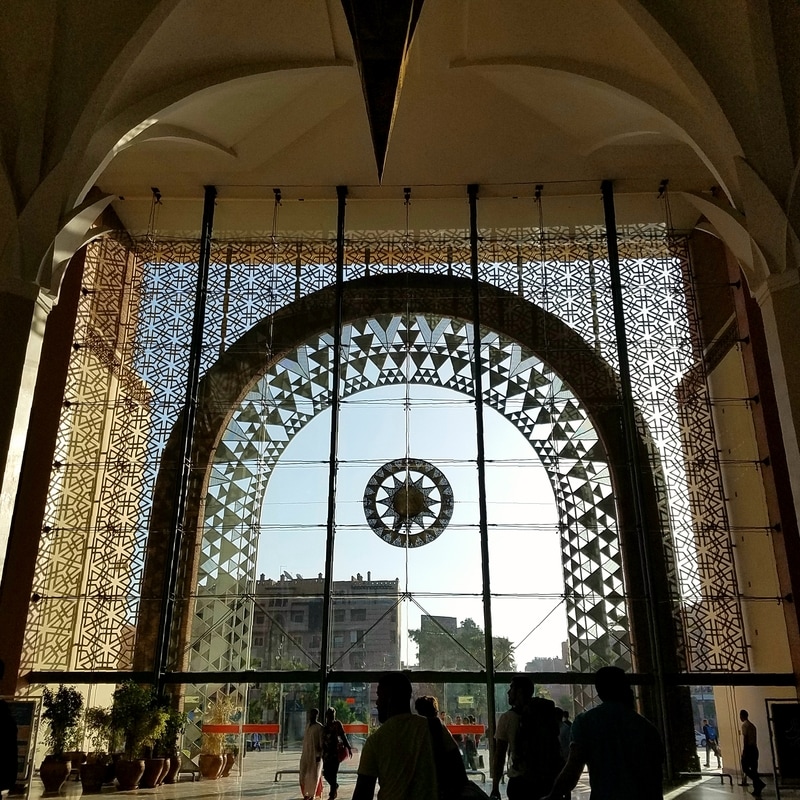

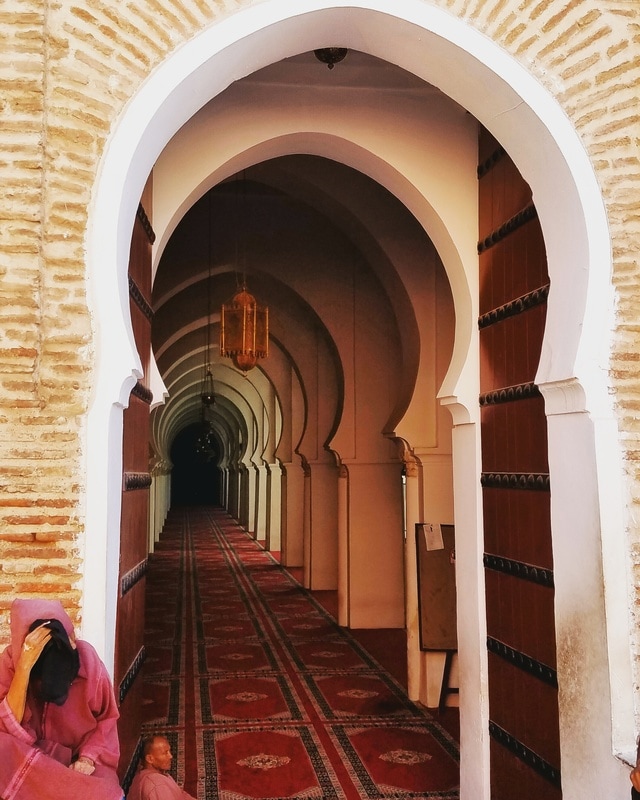
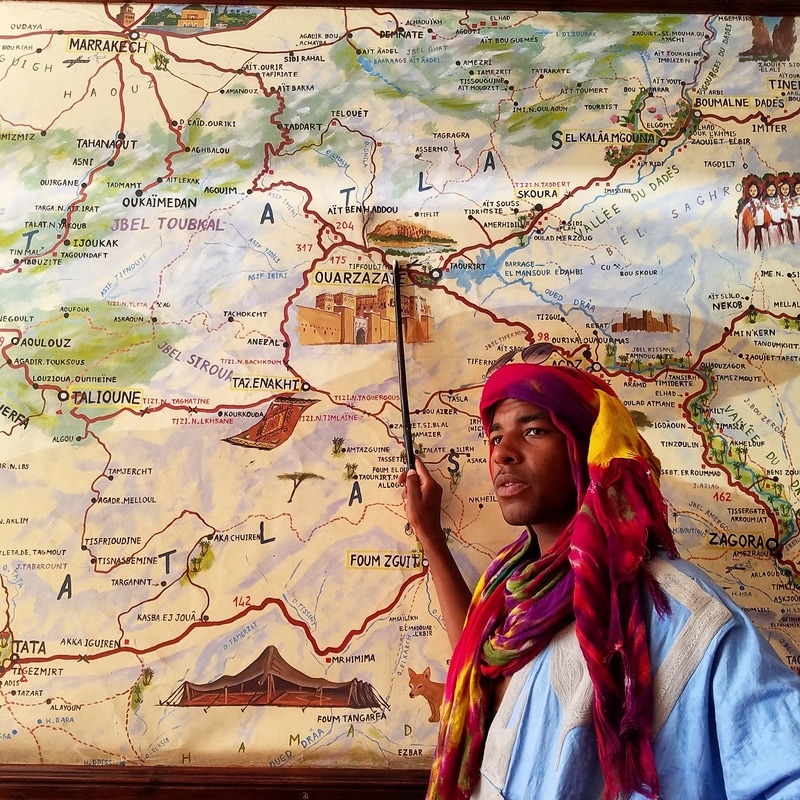
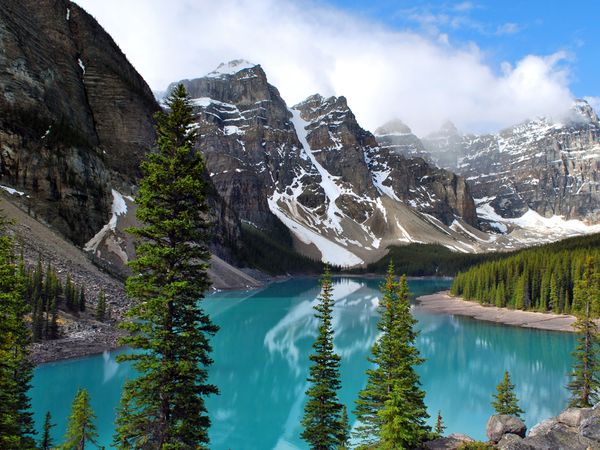

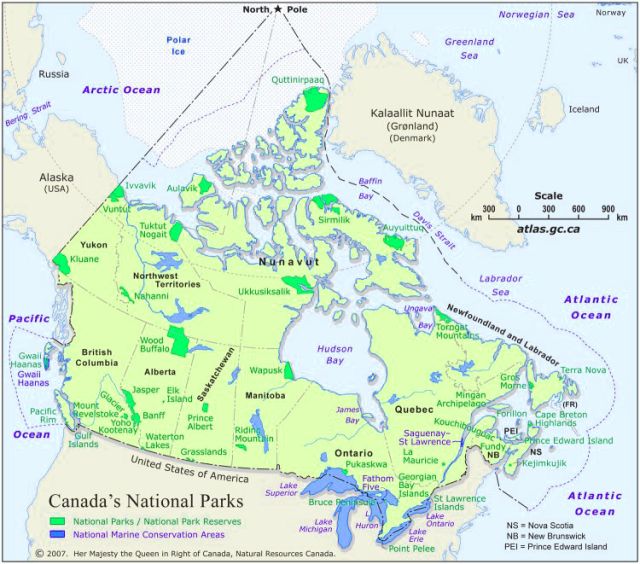
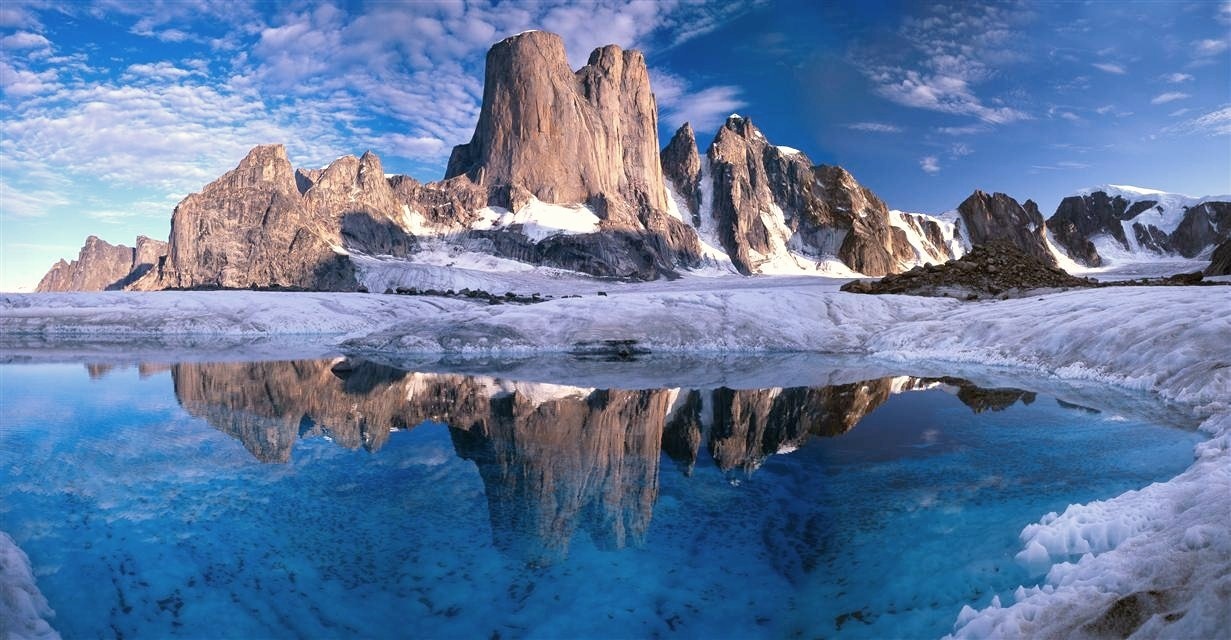

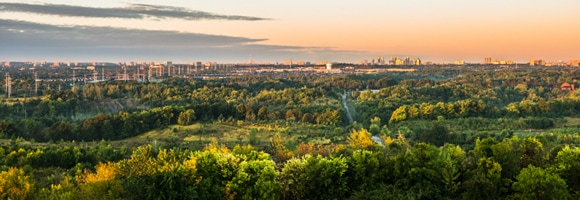
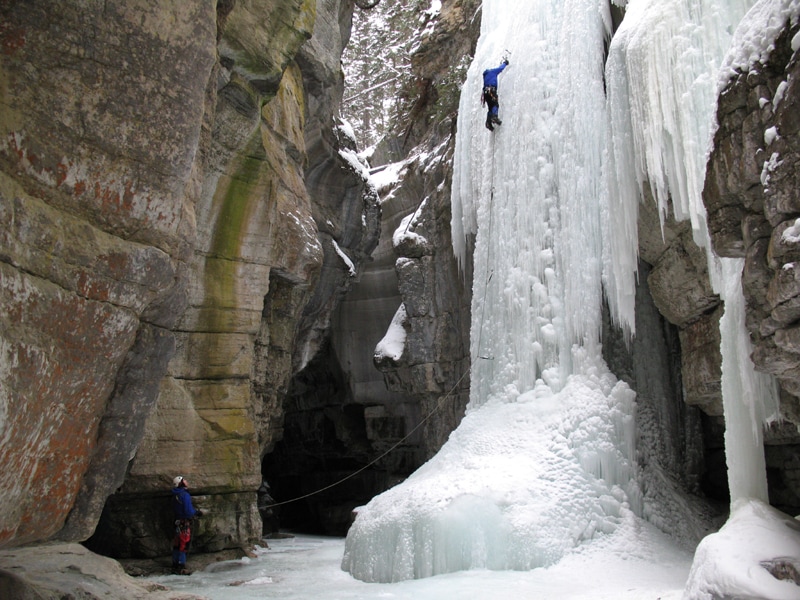
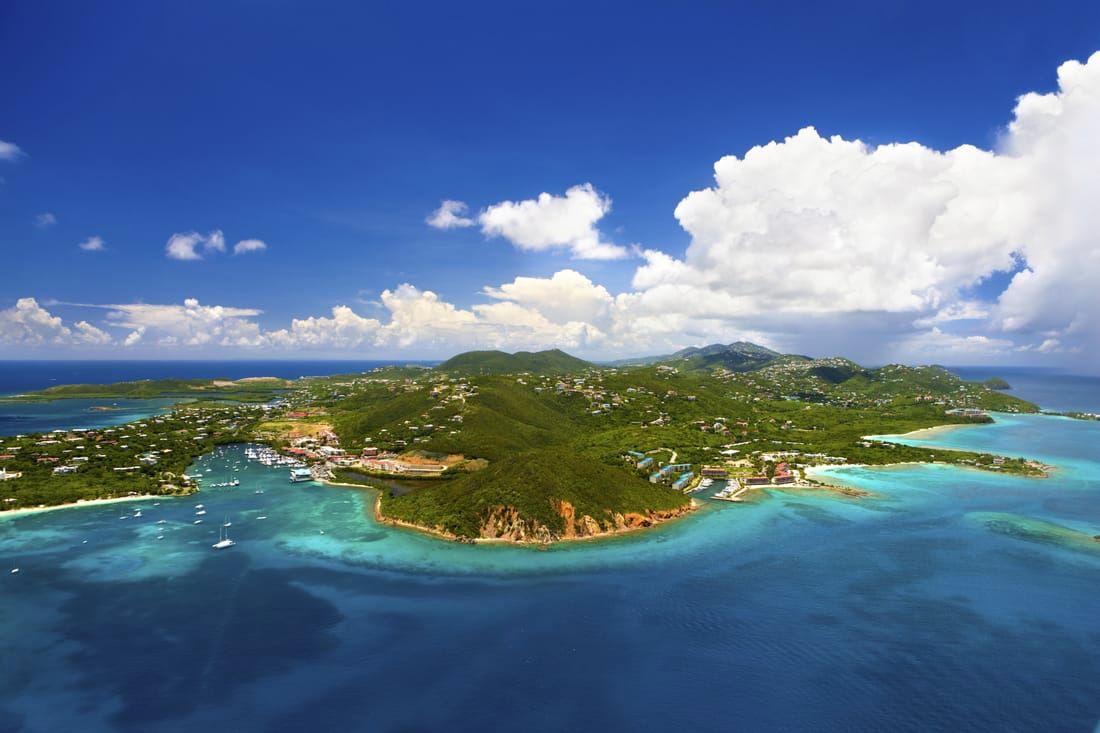

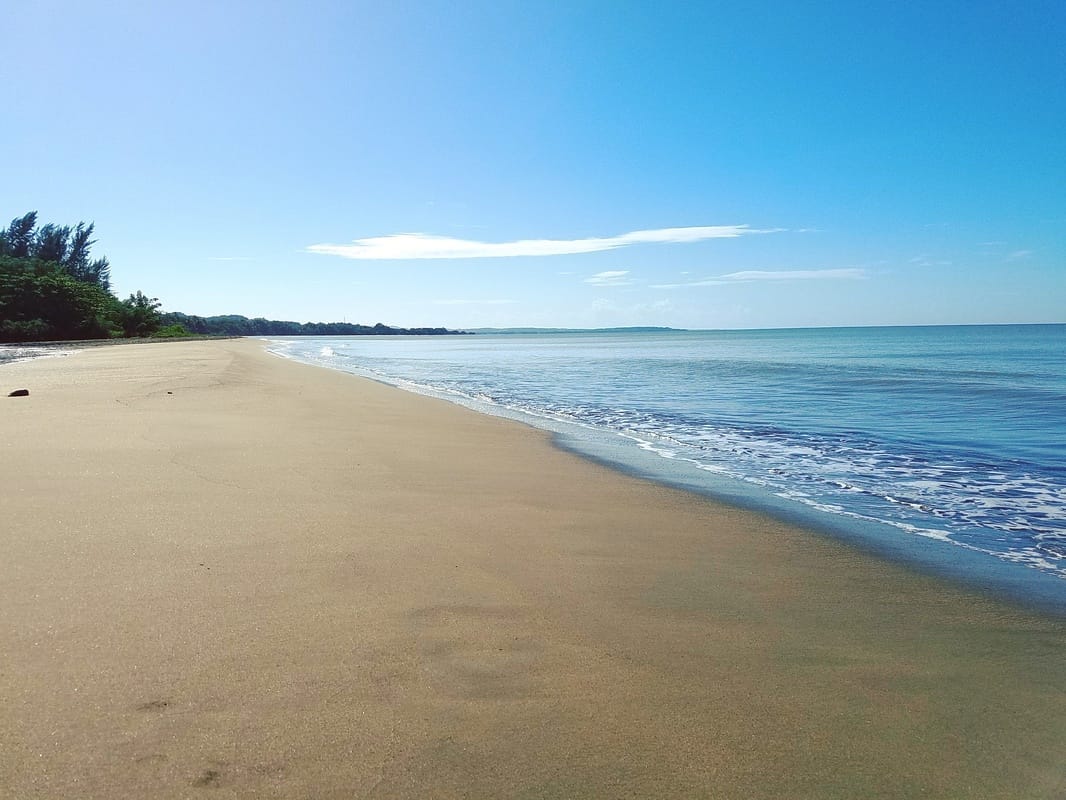
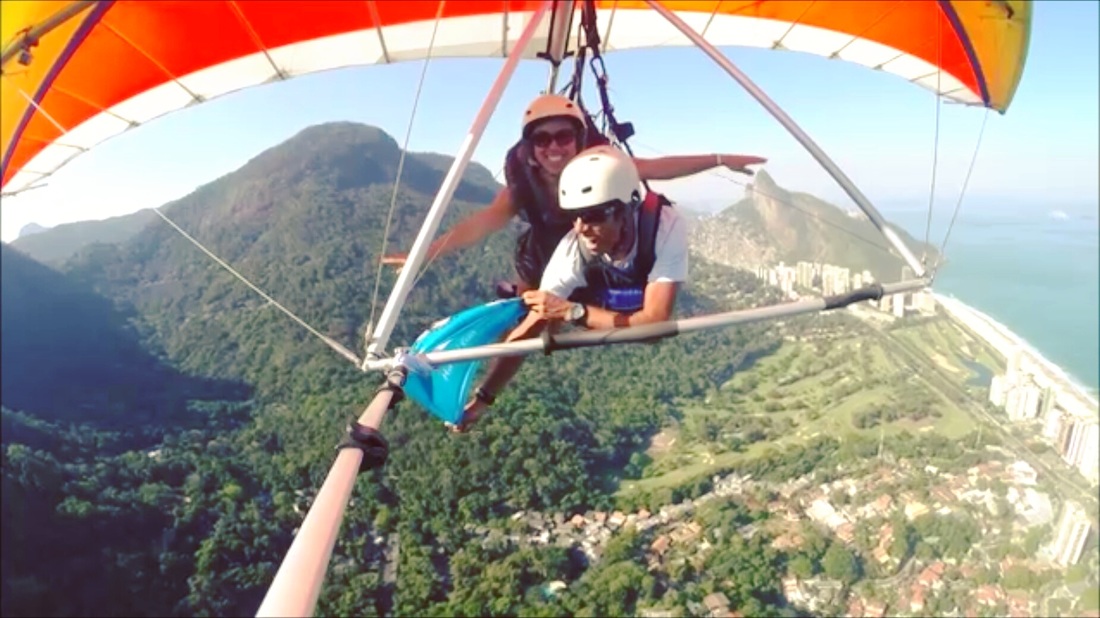
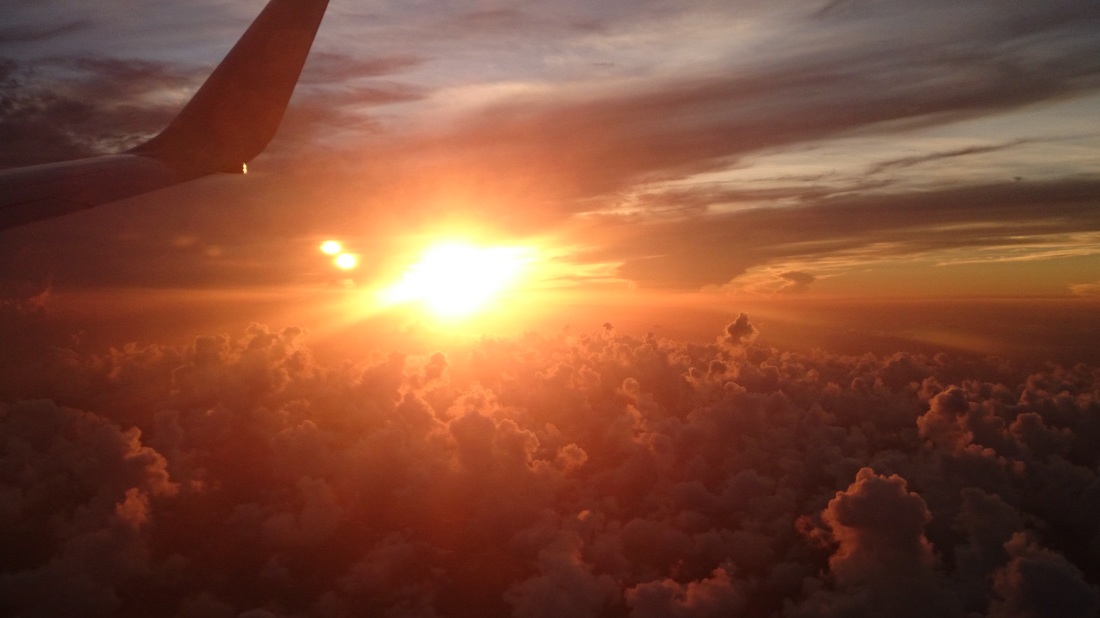
 RSS Feed
RSS Feed